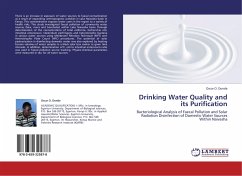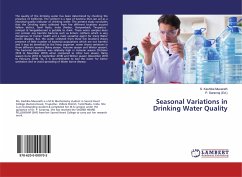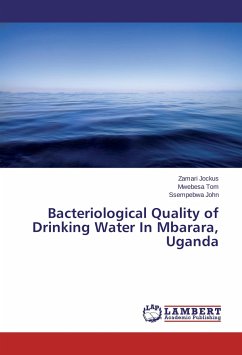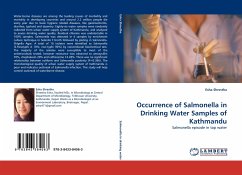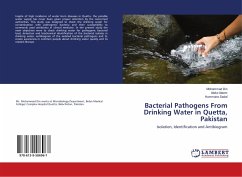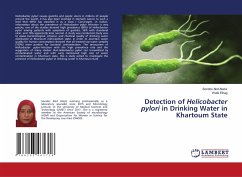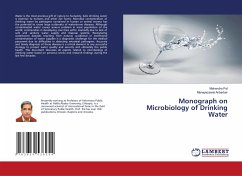There is an increase in exposure of water sources to faecal contamination as a result of expanding anthropogenic activities in Lake Naivasha basin in Kenya. This contamination exposes water users in the region to a variety of health risks. This study investigated faecal pollution of community water sources (lake, rivers and boreholes) within Lake Naivasha basin through determination of the concentrations of total coliforms, Escherichia coli, intestinal enterococci, Clostridium perfringens and heterotrophic bacteria in various water sources using Membrane Filtration Technique (MFT) and Heterotrophic Plate Count (HPC) procedures. The potential of solar pasteurization in disinfecting domestic water was also explored by heating known volumes of water samples in a black solar box cooker at given time intervals. In addition, determination of E. coli to intestinal enterococci ratio was used in faecal pollution source tracking. Physico-chemical parameters were measured in situ for all water sources.

